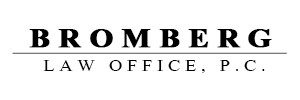The Fair Debt Collection Practices Act Prohibits False or Misleading Representations By Debt Collectors
The Fair Debt Collection Practices Act (FDCPA) makes unlawful false or misleading representations made by debt collectors. The purpose of this article is to explain what false and misleading representations are, and inform consumers of their legal rights under the FDCPA. If you have been
